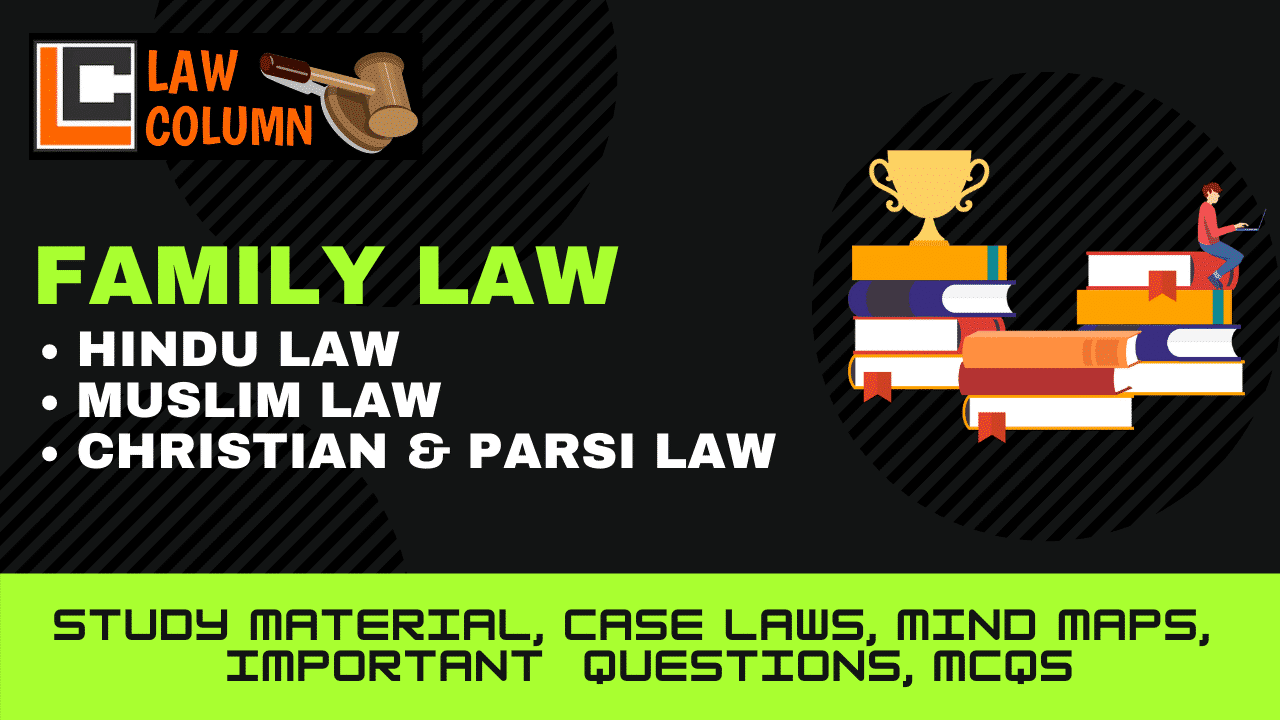Table of Contents
Solemnisation of marriage under Special Marriage Act
Introduction
Marriage is considered as a pious relationship in our country with diverse cultures therefore, we are equipped with different personal laws i.e; Hindu Marriage Act, Muslims Marriage Act, Parsis Marriage Act. Personal law set guidelines for the marriage of the individual of the community. These personal Marriage Acts are orthodox as it doesn’t allow anyone to marry outside their religion or caste. These laws are in contravention of our Fundamental Rights but, to avoid or overcome this problem our government came up with the Special Marriage Act, 1954. It extends to the whole of India except the State of Jammu and Kashmir and applies also to citizens of India domiciled in the territories to which this Act extends who are 1[in the State of Jammu and Kashmir]. This Act is can also be called ‘Secular law’ as it allows individuals from different communities and religions to register their marriage. This act allows solemnisation as well as legal registration of two individuals from different religions to come together in a bond of marriage. This act is not only limited to people from a different religious background but individuals from the same religion can also solemnise and register their marriage under this act.
Eligibility for a Marriage under Special Majority Act, 1954–
1. Either of the party should not have a living spouse at that time
2. Both the party should be of sound mind and is capable of giving a valid consent
3. Both the party should be fit for marriage and not suffering from any mental disorder which deems them unfit for the marriage.
4. Neither party should be in the persistent attack of epilepsy or insanity
5. Bridegroom’ age be 21 and bride’s 18 must have completed at the time of marriage
6. Both the party should not be under any prohibited relationship.
Procedure of Solemnisation of Marraige-
Notice–
The party shall have to give notice in writing in specified form and format to the marriage officer of the District where at least one of the parties is residing for not less than 30 days immediately preceding the date of the notice. The District Registrar and the sub-registrar are marriage officers as per the Special Marriage Act. The fee of 3 Rs. should be presented by the party for the publication of the notice. The notice may be presented by both the party in person to the registration officer or by post, but in the latter case, 3 rupees of notice charge should be sent by the money order.
Solemnisation of Marriage
The solemnisation of the marriage can be done on expiration of 30 days after clearing objection if any filed. The notice stands valid for 3 months. Before solemnisation, the party in presence of 3 witness and marraige officer may should sign the prescribed declaration. A fee of Rs. 10 should have to be paid for solemnisation. A certificate will be produced on a stamp paper of Rs. 2 If party has paid the amount of Rs. 10.
Marriage Registration-
On receipt of an application signed by both the parties and after the publication of notice of marriage will be registered after expiration of the period of 30 days. The certificate shall be entertained in the certificate book and shall be signed by the party and 3 witnesses.

